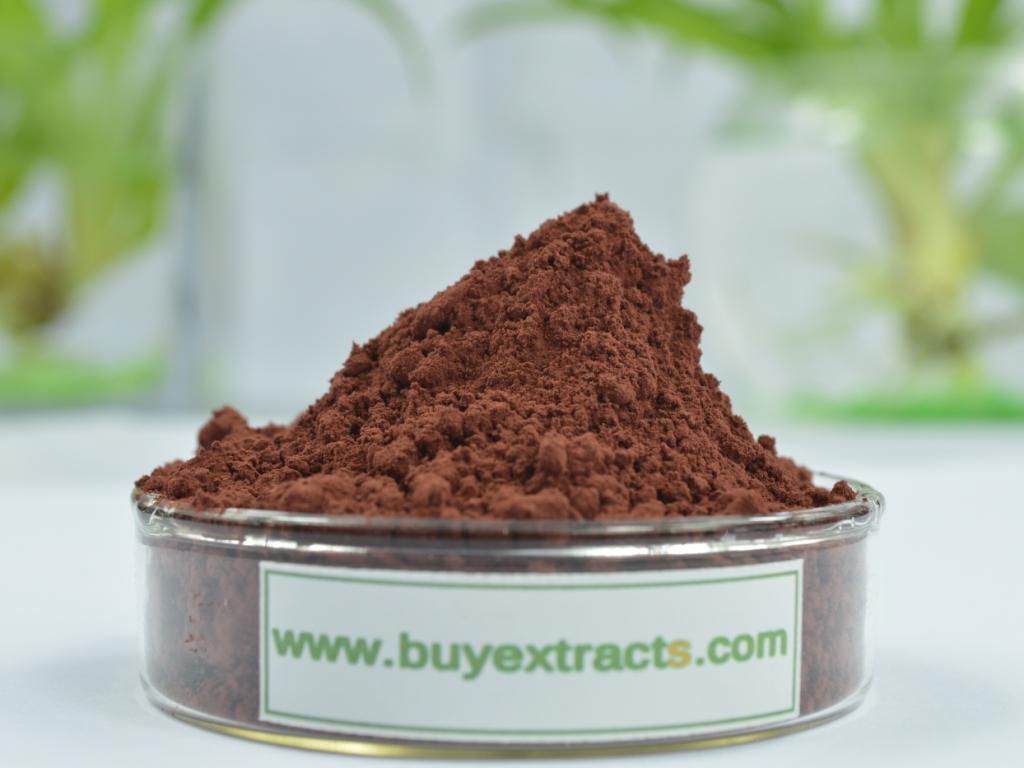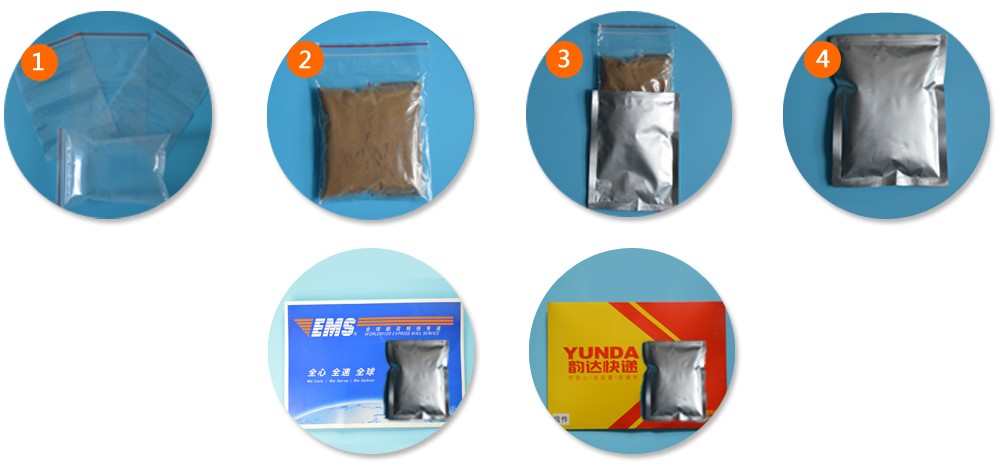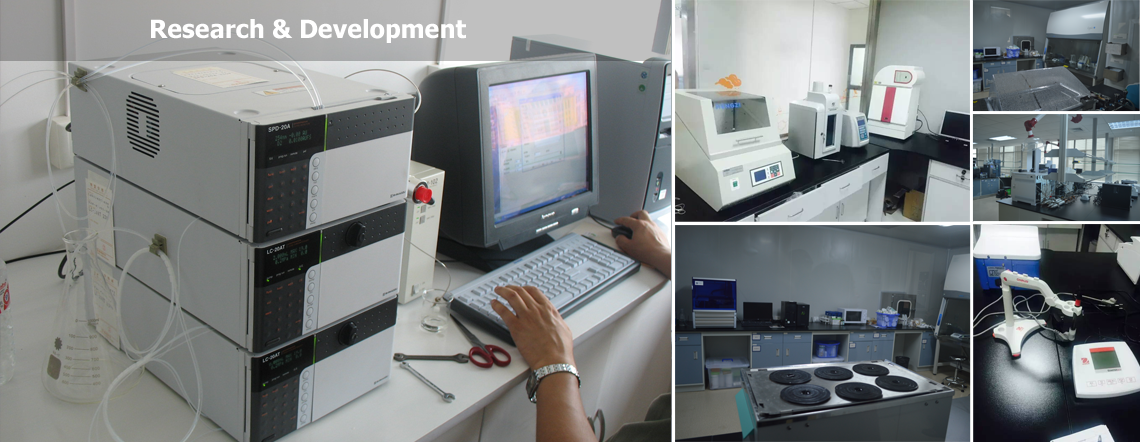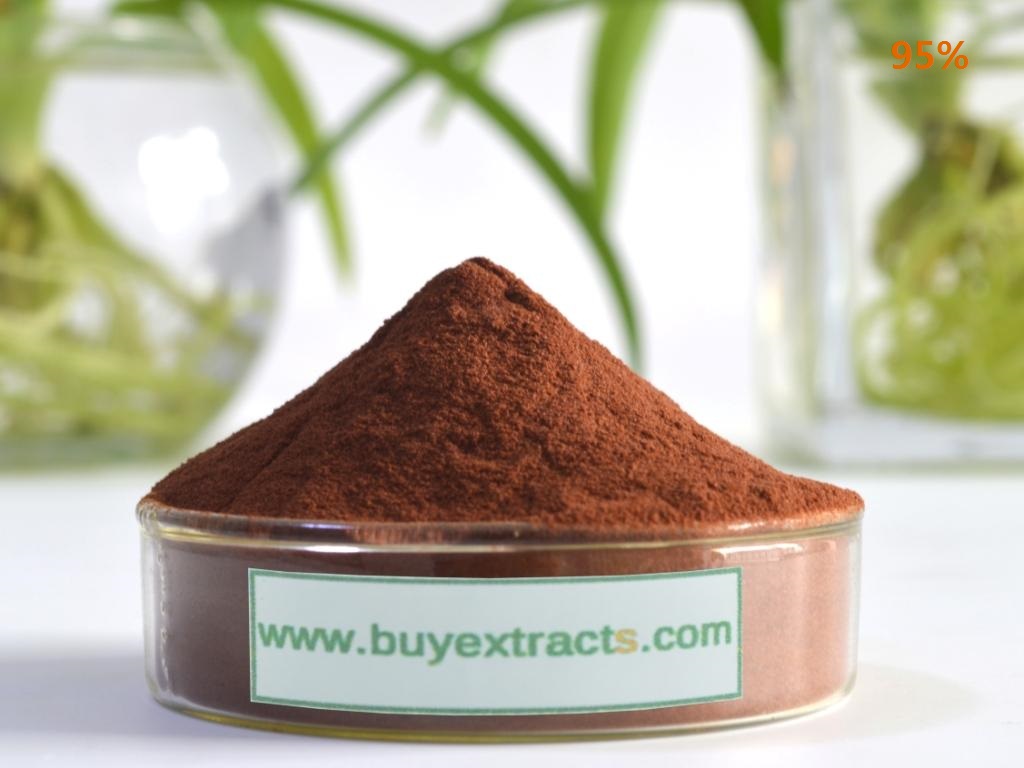1. Antioxidant
Astaxanthin is a member of the carotenoid family that has antioxidant properties. Astaxanthin has been found to be a powerful antioxidant possessing upwards of 100 times and 10 times greater capacity to neutralize reactive oxygen species (ROS) than vitamin E and beta-carotene, respectively. This effect can protect cells against free radical attack.
Recommended dosage —— 4 to 12 mg daily (Astaxanthin is a fat-soluble carotenoid that should be taken with a meal containing fat for optimal absorption.)
2. Eye problems
Astaxanthin is known to be an antioxidant that can bioaccumulate in eye tissues, similar to the known macular pigments Lutein and zeaxanthin; similar to the other carotenoids, astaxanthin may also play a protective role and particularly against age-related macular degeneration. In the eyes, astaxanthin has been noted to protect cellular DNA from UV(A) radiation,
Recommended dosage —— 4 mg to 12 mg a day (Astaxanthin is a fat-soluble carotenoid that should be taken with a meal containing fat for optimal absorption.)
3. Anti-Aging (skin health)
Topical application of a cream containing astaxanthin appears to improve elasticity and reduce fine lines and wrinkles, and there may be a moisturizing effect only present in those with dry skin. Astanxathin is thought to be beneficial for the skin due to its lipid soluble properties and accumulation in the skin following administration. Oral supplementation of the standard doses of astaxanthin also appear to be beneficial for the skin in the same ways that topical application is.
Recommended dosage —— A cream containing 0.094% of astaxanthin, or 4 to 12 mg of astaxanthin daily (Astaxanthin is a fat-soluble carotenoid that should be taken with a meal containing fat for optimal absorption.)
4. Indigestion
Some research shows that taking astaxanthin can inhibit the growth of a bacteria known as Helicobacter pylori, and reduce symptoms of indigestion.
Recommended dosage —— 40 mg per day of astaxanthin (Astaxanthin is a fat-soluble carotenoid that should be taken with a meal containing fat for optimal absorption.)
*The Content here is not intended to be a substitute for professional medical advice, diagnosis, or treatment. Always seek the advice of your physician with any questions you may have regarding a medical condition.
















